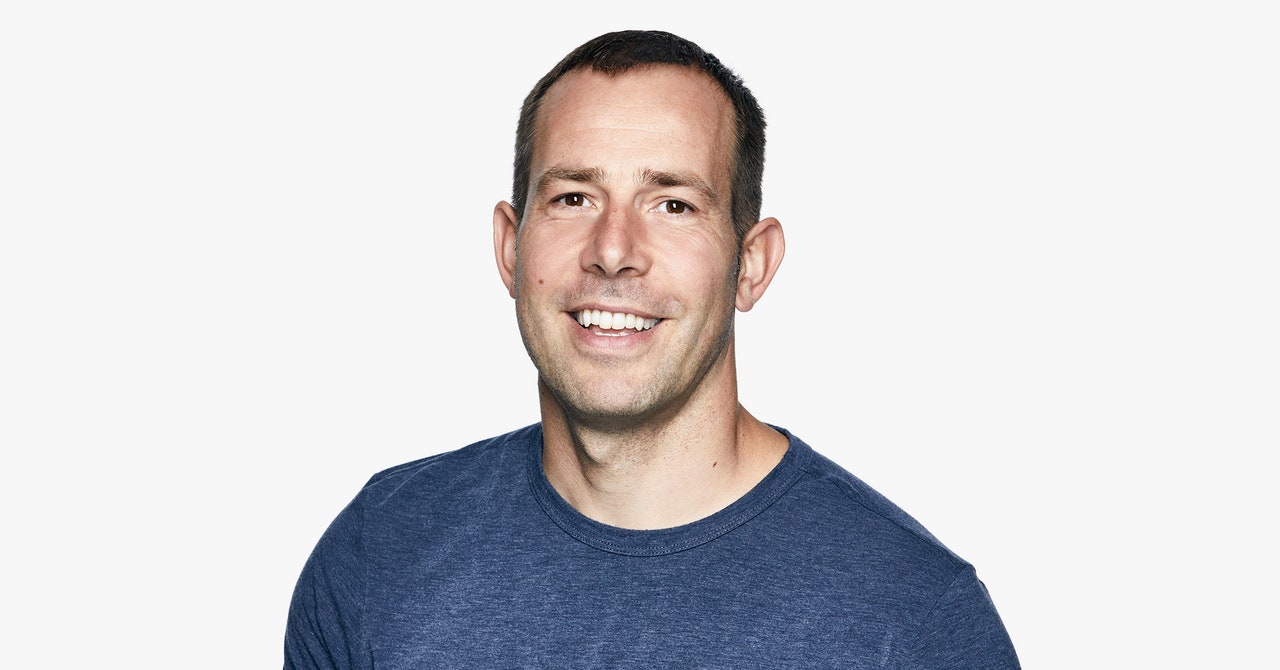Hey people. Goods The war in Ukraine has stalled on arms security, and a gallon of gas is approaching the price of an Ethereum gas fee. At least we have nothing to do with Johnny Depp for another week.
The clear view
Javier Olivan had a problem. It was early 2010 and his team at Facebook, Growth, was responsible for the messaging. Yes, that sounds non-intuitive and weird, but growth was (and still is) the driving force of the company, and that team had an infinitely broad mandate. Basically anything that led people to Facebook, or kept people on Facebook, was fair game. Messaging qualified because, as Olivan once put it, “it was a tap on Facebook.” If someone messaged you and you weren’t on the service, you would be motivated to sign up.
But the problem, signaled by the company’s relentless use of data and analytics, was that messages in the Facebook app were hidden. When users got a message, they wouldn’t know it, because the notification would get lost in the mass of other things Facebook was harassing them about. “It could be the 17th report,” he said when I interviewed him in March 2019. So Olivan and his team came up with a bold solution: “It would be better to take the messaging experience outside the app and make it its own.” This defied conventional wisdom that you should make everything easier for users. Olivan’s plan was a form of extortion: If you wanted to message, tough boogies — unless you downloaded the company’s new messaging platform.” Short term, because you suddenly had to install another app,” he told me. But eventually they did. And not only did messaging take off, but the company eventually grew it into a separate social service for billions of users “Data said it was the right thing to do,” he told me. “We did it with the best of intentions and now Messenger is an extremely successful application.”
Such victories have propelled 44-year-old Olivan to increasingly senior positions at the company, culminating in this week’s announcement that he would become Meta’s new Chief Operating Officer, CEO Mark Zuckerberg’s top assistant. But the promotion seemed almost like a footnote to the impending departure of current COO Sheryl Sandberg, the only person to hold that position to date. Sandberg characteristically left Facebook, meticulously choreographing every element of the announcement. She prepared a 1,500-word post preloaded with loving accolades from Facebookers past and present, with Zuckerberg leading the parade as “most relevant.” She gave interviews to selected media organizations. And in the wake of her impending departure — she’s dropping her badge this fall but staying on the board — she’s generated dozens of hottakes and thinks, many of them full of brutal assessments of her tenure. (This is what I wrote.)
Also true to form, Olivan himself did not give any interviews. In a rather bland post about his promotion, he implicitly acknowledged one major difference between Sandberg and him: “I’ve been mostly behind the scenes,” he wrote. A scarcity of press fragments speaks of this. I had to push hard a few years ago to get that conversation with him for my book. But when we finally met, he was warm and straightforward. His meeting room was dominated by a full-size surfboard, a reflection of his passion for the great outdoors. That and his love of parasailing are among the few things a web search reveals about him. I couldn’t find anything about his family life, but he told me that, like his boss Mark Zuckerberg, he has two young daughters. You won’t see many pictures of them on his Facebook page. And his Instagram account is private. Only 17 people follow it.
One of those followers is his boss. Zuckerberg himself had inspired Olivan to join Facebook. In 2005, after working on Siemens mobile phones for a few years, the Spanish-born engineer, from a small town in the Pyrenees, decided to attend business school at Stanford. He took a course examining case studies of new ventures, including Facebook. Already a fan of the fledgling company, Olivan even planned to start a similar business in Spain and Latin America. At one point, Zuckerberg came to the class and Olivan spoke to him afterwards and asked the CEO about international growth. In 2007, Olivan became a Facebook employee and worked on that same product.

